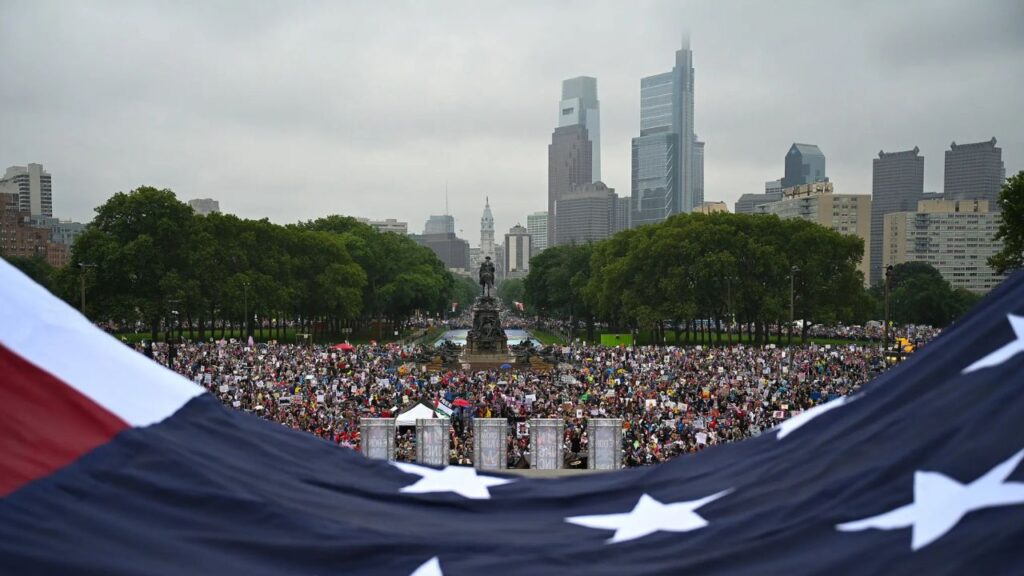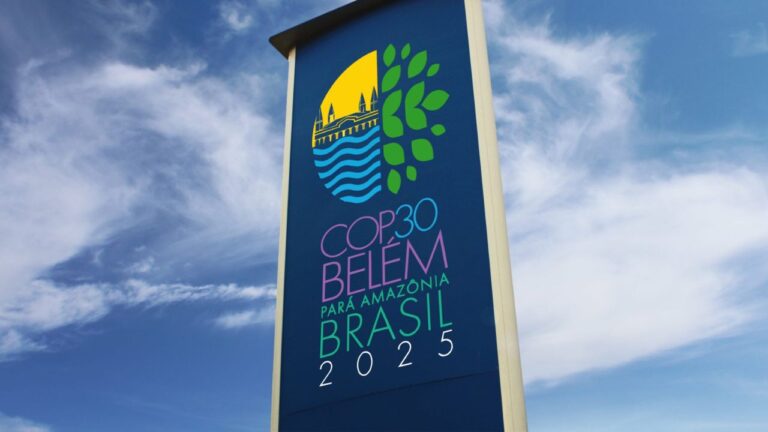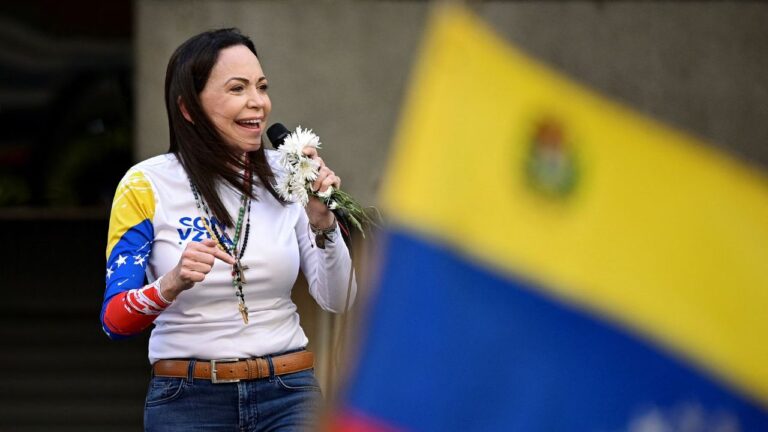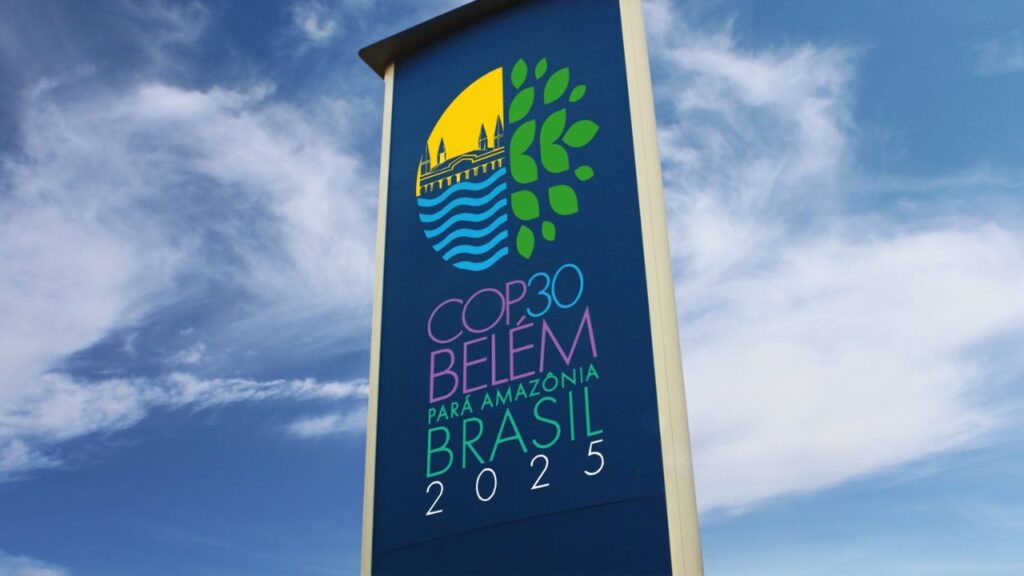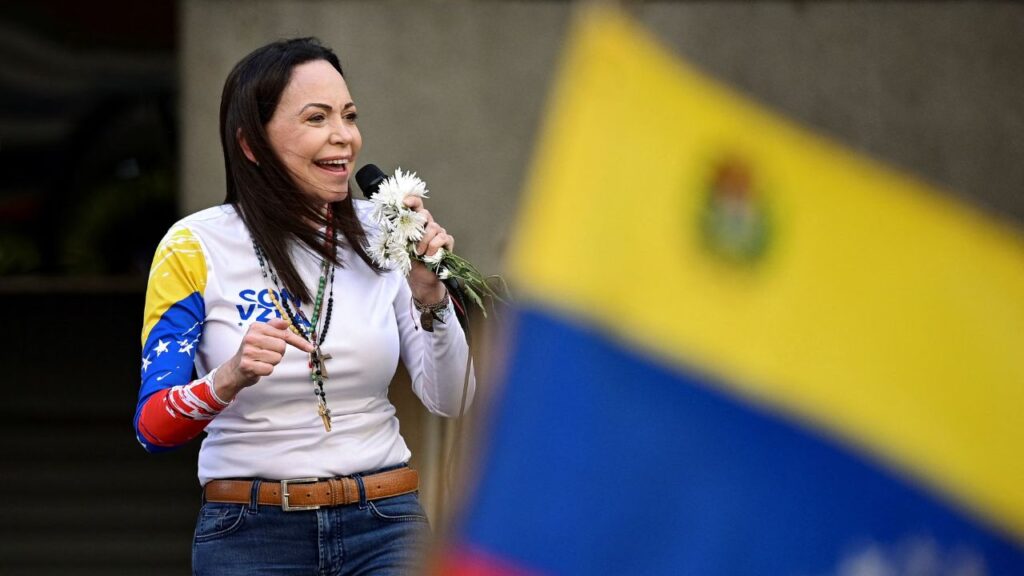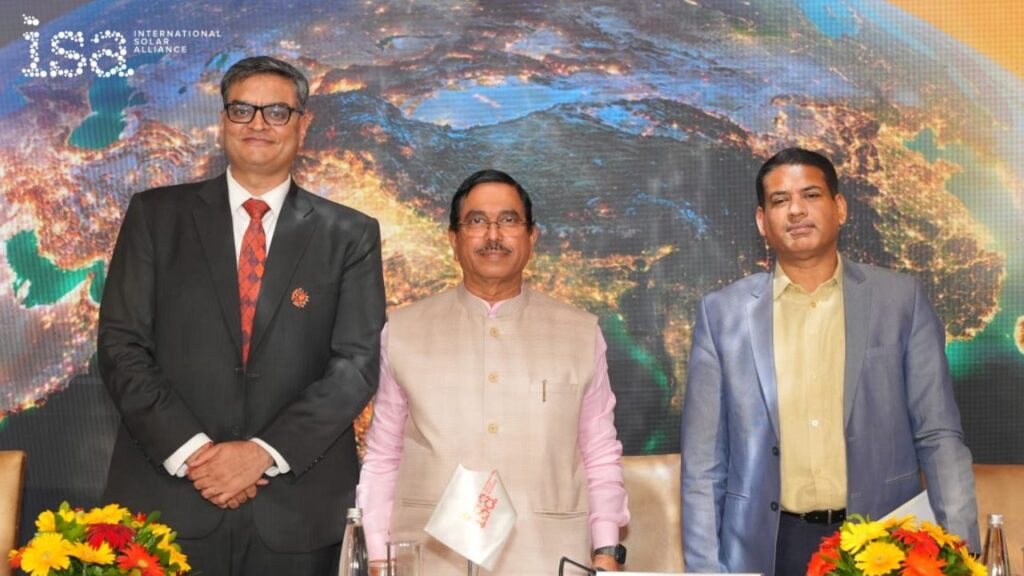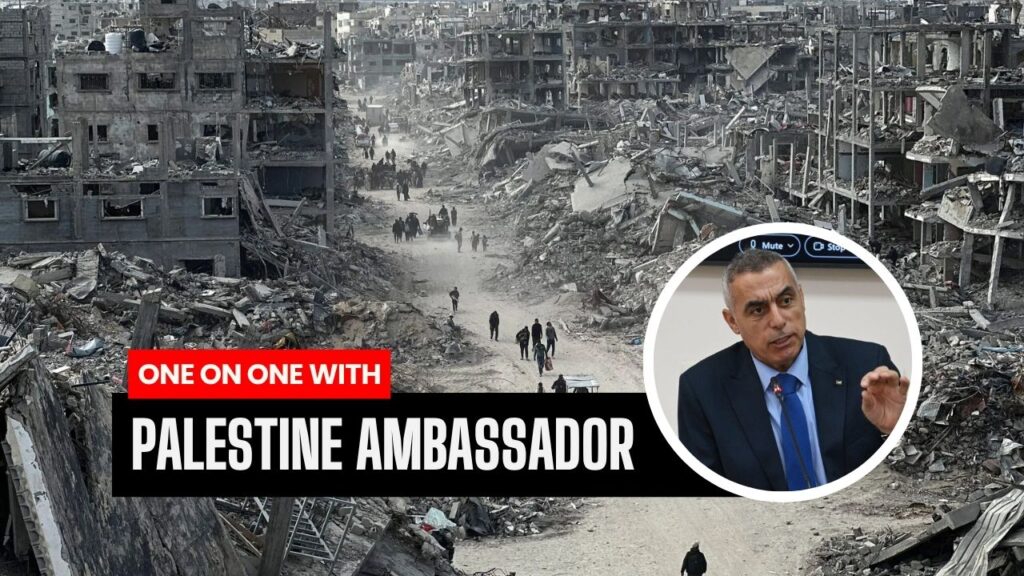While formal festivities were taking place to honor the anniversary of the American Army, an even less contentious, more ad hoc movement of some sort appeared to sweep across segments of the country. One of the largest demonstrations in US history, “No Kings” protest brought citizens of towns and cities together, not in opposition to military service or patriotism as a whole, but to express concern about the way political leadership is increasingly viewed—and represented.
The protest wasn’t aimed at any single figure, nor was it rooted in a single event. Rather, it was a reaction to what some view as a shift in the tone and presentation of political power. From the use of regal symbolism in campaign materials to language that evokes divine authority, there’s a growing discomfort among some Americans that democratic leadership is being framed in ways that feel incompatible with the country’s founding principles.
This isn’t about formality or ceremony. Every public office comes with tradition and protocol. But the symbolism of monarchy—crowns, absolutist language, and the idea of infallibility—stands in contrast to a republic built on accountability and limited power. These gestures may be dismissed as aesthetic choices or political theatre, but they carry meaning, and that meaning is not lost on the public.
The current president’s public persona has often flirted with the imagery of monarchy. There have been jokes about higher spiritual authority, images of crowns, and declarations that echo the language of kings. For some, these gestures are harmless or even amusing, but for many, they signal a troubling drift toward authoritarianism—a suggestion that the president sees himself as a ruler above the law, not as a servant of the people. When pressed about these self-styled regal images, the president insists he does not feel like a king and points to the checks and balances that limit his power. Yet, the repeated use of royal language and symbols, even in jest, raises important questions about how power is perceived and wielded.
The “No Kings” protest was not confrontational. If anything, it was understated. In many places, it resembled a civic gathering more than a demonstration. Participants shared conversations, carried signs with basic messages about democratic values, and focused less on critique than on reminders of the role of government, the responsibilities of elected leaders, and the rights of voters.
It’s worth noting that this kind of protest is not unique to the United States. Around the world, similar movements have emerged in response to power that appears to overreach or drift away from democratic norms. The message tends to be consistent: authority must remain transparent, accountable, and limited by the people it serves.
In this context, “No Kings” becomes more of a principle than a slogan. It’s a simple expression of the belief that leadership is not a form of rule, but of service. It’s a reminder that elections are not coronations, and popularity should never translate to unchecked influence.
Democracy doesn’t erode in one moment. It changes gradually—through language, through behavior, through shifts in expectation. It’s not alarmist to pay attention to that. In fact, it’s responsible. The protestors were not warning of collapse, but reminding us that democratic systems depend not just on institutions, but on the culture that supports them.
There is no question that the United States still has functioning checks and balances. The courts operate independently, the press remains free, and elections continue. But democratic health is not guaranteed by procedure alone. It requires sustained civic awareness. It relies on the willingness of people to engage, even when the issues seem more symbolic than urgent.
The “No Kings” movement asked a basic question: how do we talk about power, and what do we expect from those who hold it? The fact that people are still willing to ask that is not a sign of instability—it’s a sign that the public is paying attention.

